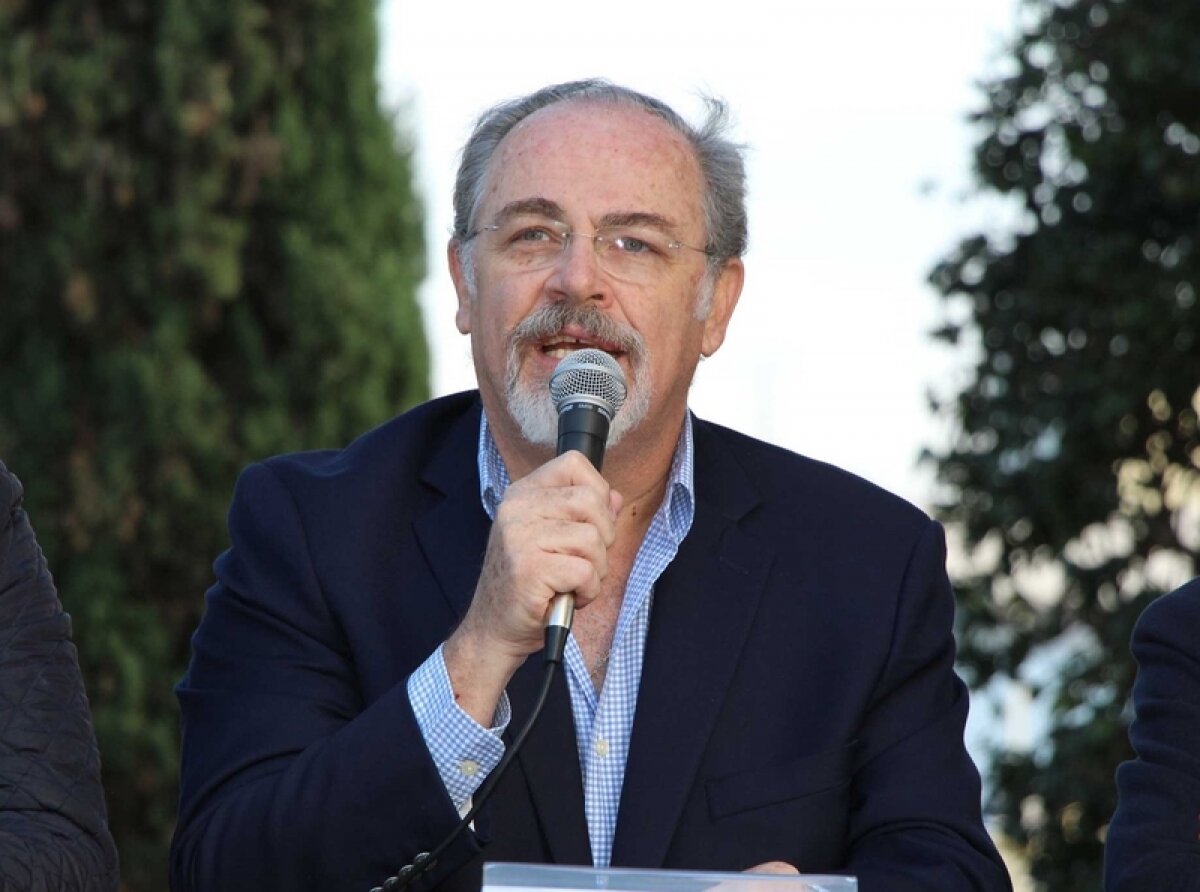More than 26,000 calls have been received on the free line 075 for emotional support.
Today is the 1st Ordinary Session of the State Mental Health Council. The Secretary of Health of Jalisco, Fernando Petersen Aranguren, headed this morning the First Ordinary Session of the State Council of Mental Health 2021, where it was reported that the strategy "Love you at Home," implemented by the State Government to respond to the health contingency due to COVID-19, evolves and will continue in force during this pandemic and much later to address its subsequent effects.
"I invite you so that we do not lower our guard and continue working for the mental health of the State of Jalisco," explained Petersen Aranguren, in his capacity as president of this Council, while welcoming the representatives of the institutions, state agencies, and universities, that are part of the collegiate body.
The presentation of the "Love you at Home" strategy was carried out by the general director of the Jalisco Institute of Mental Health (Salme), Francisco Javier Barreto García, who reported that within this care strategy a total of 26,349 calls were received ( from April 19, 2020 to the cutoff of February 28, 2021,) which were not exclusive to residents of Jalisco. The population of the 32 states of the Mexican Republic was served, including Mexico City (with 399), Tabasco (with 166), and the State of Mexico (with 156,) the entities to which the greatest number of services were granted. Depression and anxiety were the main reasons.
“As part of the COVID-2021 Plan, “Quererte en Casa” transits to phase two called “Time to Love Ourselves.” The stage of which the evolution of the pandemic is considered, as well as the psychosocial needs of the population according to the context,” reported the director of Salme.
Barreto said that for the second stage of the campaign, efforts were joined with the University of Guadalajara and the Technological Institute for Higher Studies of the West.
Invited to the session, the representative of the World Health Organization and the Pan American Health Organization in Mexico, Cristian Roberto Morales Fuhrimann, congratulated Jalisco for the work it has done and for which it is planning to do.
"The COVID-19 pandemic is not going to end in 2022, not even in 2023, and its effects will be for the long term and one of the main issues, of course, is that of mental health, so It is a priority to provide mechanisms for their timely attention,” he stressed.
SUICIDE AND ADDICTION PREVENTION
A report on suicide in Jalisco was subsequently presented at the session of the State Council of Mental Health. The Salme psychologist, Yolanda García Ávila, proposed strengthening prevention after the change in family and social dynamics due to the COVID-19 pandemic. She referred to the impact that keeping emotions and feelings has had on many people, which led to suicidal ideation or attempt.
The national strategy for the Prevention of Addictions and Mental Health was also presented, by María Elena Sainz López, head of Planning and Innovation of the State Council Against Addictions in Jalisco, who highlighted the commitment to transition from the "prohibitionist model" to prevention and treatment.
“Prevention must be framed in the risk-protection approach and must be aimed at reducing the influence of individual, family, school, and peer group risk factors… reinforcing social and coping skills to avoid the consumption of alcohol, tobacco, other substances, and the associated psychosocial risks,” listed the expert.
In the session it was agreed that Salme will coordinate with the institutions that have joined the working groups that are already established in Jalisco for the attention of these and other priority aspects of mental health.
Dial the free line 075 for crisis intervention and psychological counseling 24 hours a day.

